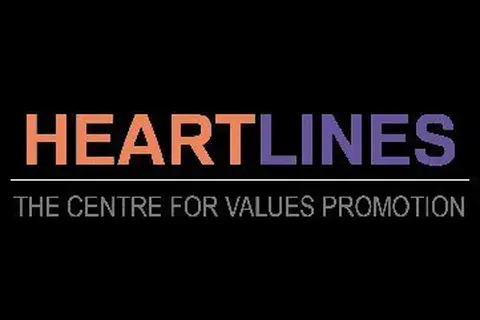The unifying power of storytelling
“Sometimes you’ve got to do something as simple as living your life and fighting for your dreams, and sometimes you’ve just got to tell your story. I’m Siyamthanda Kolisi. I’m proud to be a Springbok, but even prouder to be a South African,” World Cup Rugby 2019 winner and captain, Siyamthanda Kolisi.
Be it under the banner of #Iamstaying, or #StrongerTogether, inspired by the Springboks World Cup victory, South Africans from all different backgrounds are telling their stories. According to social change non-profit Heartlines, this is exactly what we need to be doing during tough times.
“Story sharing helps break down barriers, builds understanding, promotes increased acceptance of diversity and can contribute powerfully towards rebuilding the fabric of our society,” says Heartlines CEO, Dr Garth Japhet.
The NGO, who is behind the film “Beyond the River”, has released preliminary findings from their “What’s Your Story?” (WYS) campaign, which found that 34% of individuals introduced to the concept adopted the approach and continued to engage in storytelling processes, mainly with the intention of breaking down barriers.
“When you think that the average take-up rate of most campaigns is around 1-2%, this is really significant,” says Japhet.
The campaign focuses on moving people away from “othering”, with the aim to build safe spaces, where people can begin to learn about other peoples’ stories and create connections. This, in turn, fosters greater empathy, respect and trust.
“In a country and world struggling with the consequences of “othering”, WYS is a cost-effective strategy, which requires little or no formal training. It can quickly move to scale in a range of different contexts and has the potential to make significant impact,” says Japhet.
Workplaces that have rolled out the programme have seen staff embracing diversity more easily. Findings have shown that more than a quarter of WYS participants who adopted the approach, said that they had told their story to someone else (26%). Some had asked someone else to tell their story (18%) and/or told others about the campaign and how to share their story (14%).
Many participants keep repeating the WYS method once they have adopted it. A third reported that they had done this two, to five times, 27% more than 15 times, 23% - 6-10 times, 6% -11-15 times. Only 10% of respondents said that they had only repeated the process once.
In the past year and a half, Heartlines has undertaken more 300 WYS events in faith-based organisations spread across 124 towns in South Africa, training over 12 500 people in the methodology. They have also undertaken over 50 WYS sessions in 20 workplaces, reaching around 1 500 people.
Heartlines has further supported efforts in communities where there has been conflict and it is also supporting the implementation of this programme in schools across the country.
For more information, visit https://whatsyourstory.org.za/.
The WYS? Project was made possible through the support of a grant from Templeton Religion Trust. The opinions expressed in this publication are those of the authors and do not necessarily reflect the views of Templeton Religion Trust.
Featured
